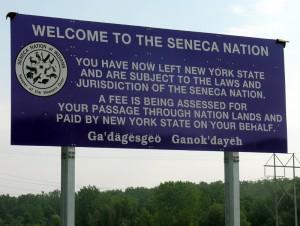This Day in Legal History—Alabama Statehood and a New Era of Slavery Compromises
 On December 14, 1819, Alabama was admitted to the Union as the twenty-second state. The admission itself was not especially remarkable. Various parts of present-day Alabama had been settled by the French (and later the British) since the early 1700s, and explored by the Spanish as early as the 1540s. The territory to the west, moreover, had already been admitted as the states of Mississippi (1817) and Louisiana (1814). Not least important, Alabama’s soil and climate were amenable to cotton production, which was accelerating due to technological innovation and increased demand, such that the years preceding Alabama’s statehood had seen substantial growth in the region’s population.
On December 14, 1819, Alabama was admitted to the Union as the twenty-second state. The admission itself was not especially remarkable. Various parts of present-day Alabama had been settled by the French (and later the British) since the early 1700s, and explored by the Spanish as early as the 1540s. The territory to the west, moreover, had already been admitted as the states of Mississippi (1817) and Louisiana (1814). Not least important, Alabama’s soil and climate were amenable to cotton production, which was accelerating due to technological innovation and increased demand, such that the years preceding Alabama’s statehood had seen substantial growth in the region’s population.
What made Alabama’s admission significant, politically and constitutionally, was the situation it then posed for Congress regarding the admission of subsequent states, particularly west of the Mississippi River. Specifically, the nation was now evenly divided between free and slave states, having eleven of each. Given a federal Senate based on equal voting for every state regardless of population, this resulting parity of free and slave states made the admission of any additional state an opportunity either to expand or to restrict slavery. The South especially perceived the need to maintain parity as its influence in the House of Representatives declined relative to the North, which was experiencing (and would continue to experience) more immigration as well as greater industrial and economic growth.
This dynamic, in turn, set the stage for a new era of anti- and pro-slavery compromises and eventually—as these compromises less and less alleviated sectional tensions—a rather bloody civil war.


